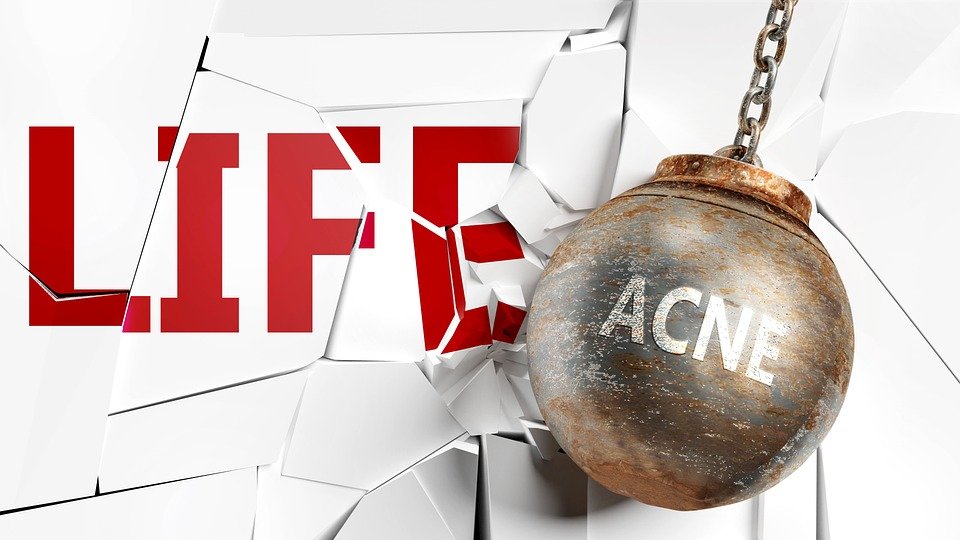Clearing Acne: What Really Works and What Doesn’t
Acne is a common skin condition that affects millions of people around the world. It can be frustrating and even embarrassing, causing many people to seek out solutions to clear their skin. With so many products and treatments on the market, it can be difficult to determine what really works and what doesn’t when it comes to clearing acne.
One of the most important things to remember when trying to clear acne is that everyone’s skin is different. What works for one person may not work for another, so it’s important to find a solution that works best for your individual skin type and needs. With that in mind, let’s take a look at some of the most common acne treatments and whether or not they are effective.
Topical Treatments
One of the most common forms of treatment for acne is topical treatments, such as creams, gels, and lotions. These products often contain ingredients like benzoyl peroxide, salicylic acid, or retinoids, which are meant to kill bacteria, reduce inflammation, and unclog pores.
Benzoyl peroxide is a popular ingredient in many acne treatments, and for good reason. It has been shown to be effective in killing the bacteria that causes acne, as well as reducing inflammation and unclogging pores. Salicylic acid is another common ingredient that works to exfoliate the skin and unclog pores, making it a great option for those with blackheads and whiteheads. Retinoids are also effective in unclogging pores and preventing new acne from forming.
Overall, topical treatments can be effective for many people in treating and preventing acne. However, it’s important to use these products as directed and to be mindful of potential side effects, such as dryness and irritation.
Oral Medications
In some cases, topical treatments may not be enough to clear acne, especially for those with more severe or persistent cases. In these instances, dermatologists may prescribe oral medications, such as antibiotics, birth control pills, or isotretinoin.
Antibiotics are often used to reduce inflammation and kill bacteria, making them a popular choice for those with inflammatory acne. Birth control pills can also be effective in regulating hormones and reducing the production of acne-causing oils. Isotretinoin, commonly known as Accutane, is a powerful medication that is typically reserved for severe cases of acne. It works by shrinking the oil glands in the skin, making it less likely for acne to form.
While these medications can be effective in treating acne, they also come with potential side effects and risks. It’s important to discuss these options with a dermatologist to determine the best course of action for your individual needs.
Natural Remedies
With the rise in popularity of natural and holistic treatments, many people have turned to natural remedies to clear their acne. Some popular options include tea tree oil, green tea, and aloe vera.
Tea tree oil has been shown to have antimicrobial and anti-inflammatory properties, making it an effective treatment for acne. Green tea contains antioxidants and anti-inflammatory properties that can help reduce acne. Aloe vera has anti-inflammatory and antibacterial properties as well, making it a popular choice for soothing and clearing the skin.
While these natural remedies can be effective for some people, it’s important to use them with caution and to be aware of any potential allergies or skin reactions. It’s always best to consult with a dermatologist before trying out any new treatments.
What Doesn’t Work
While there are many effective treatments for acne, there are also some popular myths and misconceptions that do not work. For example, squeezing or picking at pimples can actually worsen acne and lead to scarring. Additionally, using harsh scrubbing or exfoliating products can irritate the skin and exacerbate acne.
It’s also important to be cautious of fad treatments or products that make unrealistic claims. It’s always best to seek out scientifically proven treatments and to consult with a dermatologist before trying out any new products or treatments.
In conclusion, there are many effective options for clearing acne, including topical treatments, oral medications, and natural remedies. However, it’s important to find the best treatment for your individual needs and to use these options with caution. If you’re struggling with acne, it’s best to consult with a dermatologist who can help determine the most effective course of action for your skin. With the right treatment and care, it is possible to achieve clear and healthy skin.
